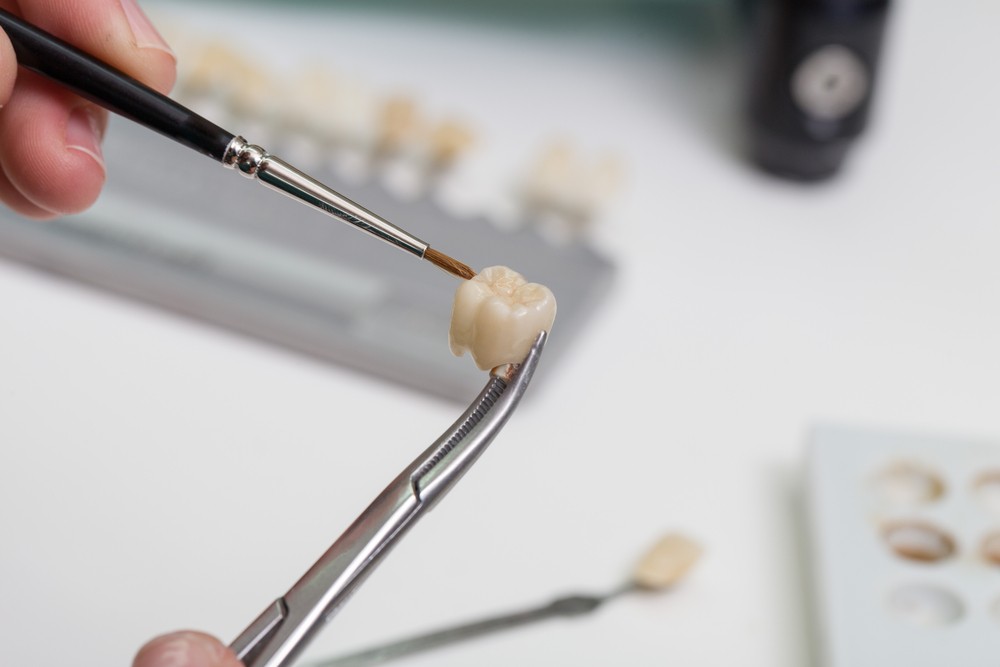 There are many different disorders and defects of the teeth. One you may not have heard of is enamel hypoplasia. It’s a bit of a tongue twister, but basically it means that the tooth or teeth affected do not have fully developed enamel (in fact, the word hypoplasia means "underdeveloped"). Enamel hypoplasia is caused by cells called ameloblasts, which don’t properly form or incur damage during the tooth’s development. Enamel hypoplasia presents itself on the tooth as white or brown spots, or pitting in the tooth itself.
There are many different disorders and defects of the teeth. One you may not have heard of is enamel hypoplasia. It’s a bit of a tongue twister, but basically it means that the tooth or teeth affected do not have fully developed enamel (in fact, the word hypoplasia means "underdeveloped"). Enamel hypoplasia is caused by cells called ameloblasts, which don’t properly form or incur damage during the tooth’s development. Enamel hypoplasia presents itself on the tooth as white or brown spots, or pitting in the tooth itself.
Unfortunately, people with enamel hypoplasia often get cavities more easily and frequently on their affected tooth or teeth, so offering those teeth an extra layer of protection is vital.



 We all know what can happen to our teeth and gums when we don’t take good care of our oral health: cavities, root canals, gum disease and worse. But what many people don’t realize is that our oral health doesn’t just affect our teeth and gums - it affects our entire body.
We all know what can happen to our teeth and gums when we don’t take good care of our oral health: cavities, root canals, gum disease and worse. But what many people don’t realize is that our oral health doesn’t just affect our teeth and gums - it affects our entire body. For the 23.1 million Americans with known cases of Type 2 diabetes, living with this often-debilitating blood glucose disease can be detrimental to overall health and well-being. Not only does Type 2 diabetes affect blood sugar and insulin production, but it can also cause damage to the heart, eyes, kidneys, feet and gums. But now, a startling report out of Harvard University has revealed that one common activity many people do to protect their gums could be increasing their risk of developing Type 2 diabetes.
For the 23.1 million Americans with known cases of Type 2 diabetes, living with this often-debilitating blood glucose disease can be detrimental to overall health and well-being. Not only does Type 2 diabetes affect blood sugar and insulin production, but it can also cause damage to the heart, eyes, kidneys, feet and gums. But now, a startling report out of Harvard University has revealed that one common activity many people do to protect their gums could be increasing their risk of developing Type 2 diabetes.